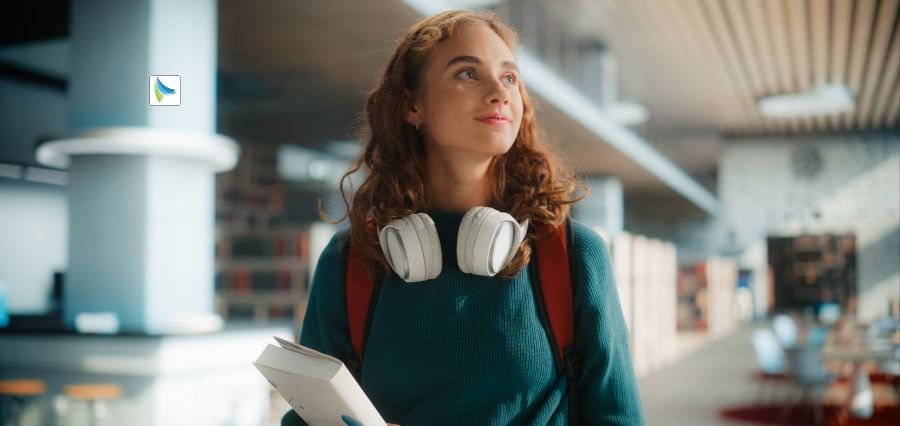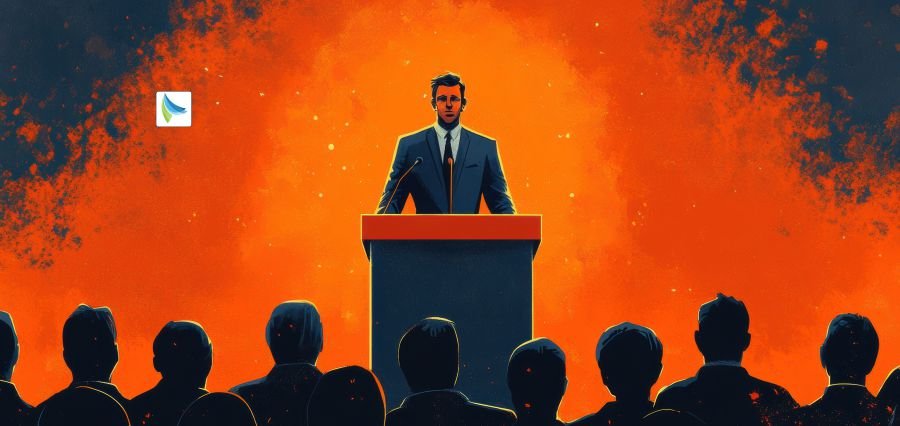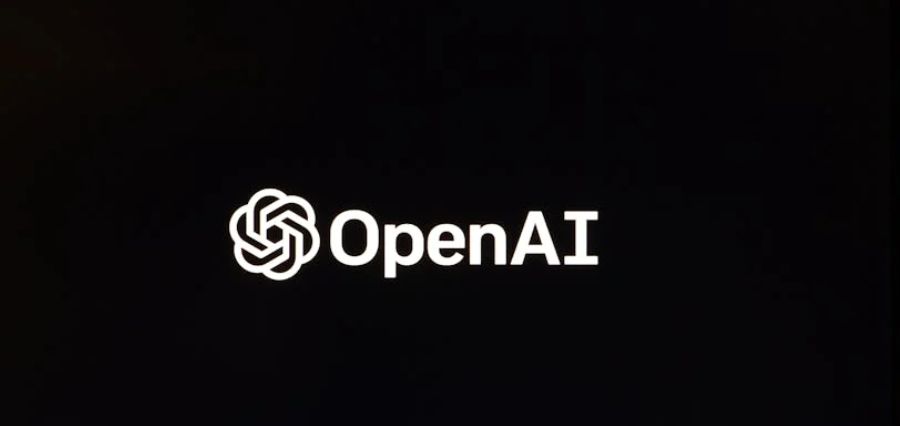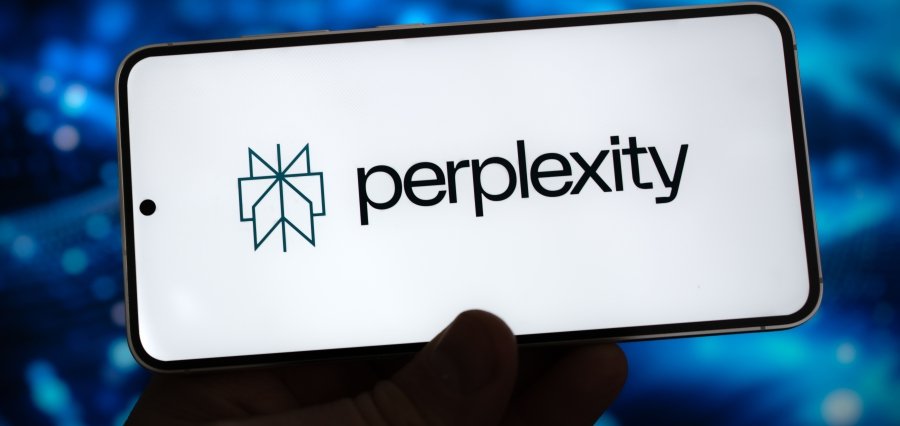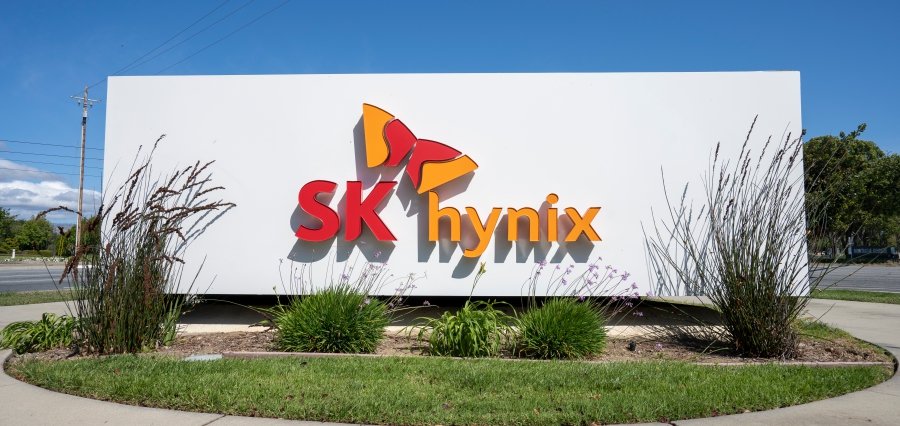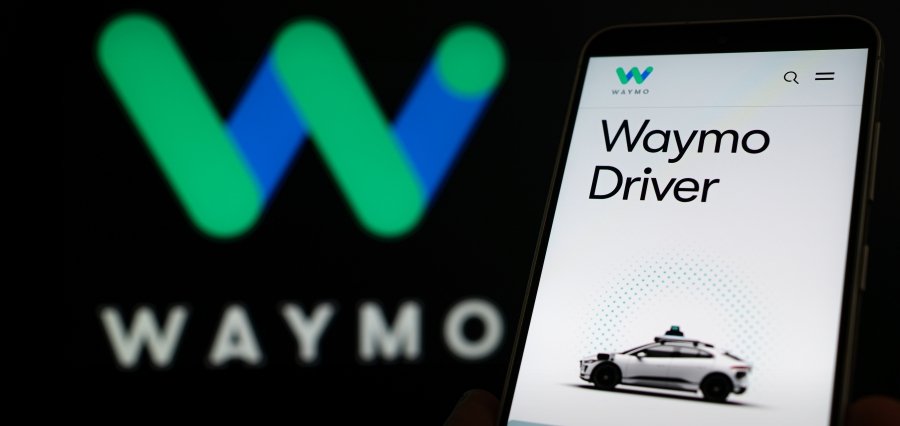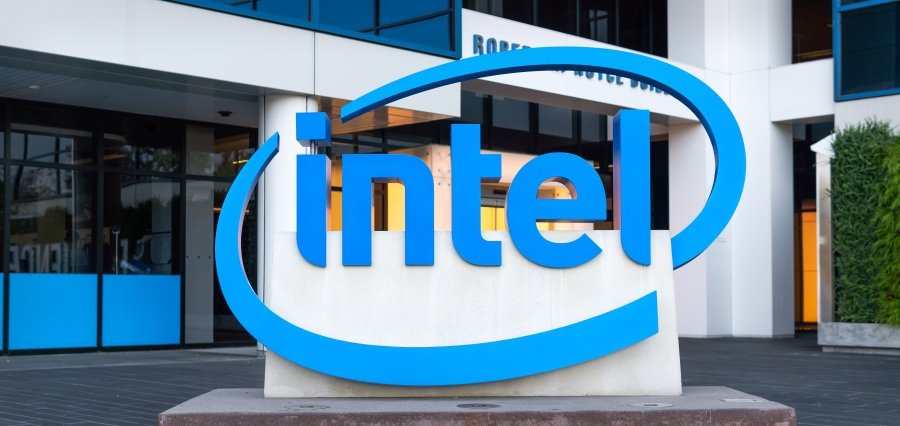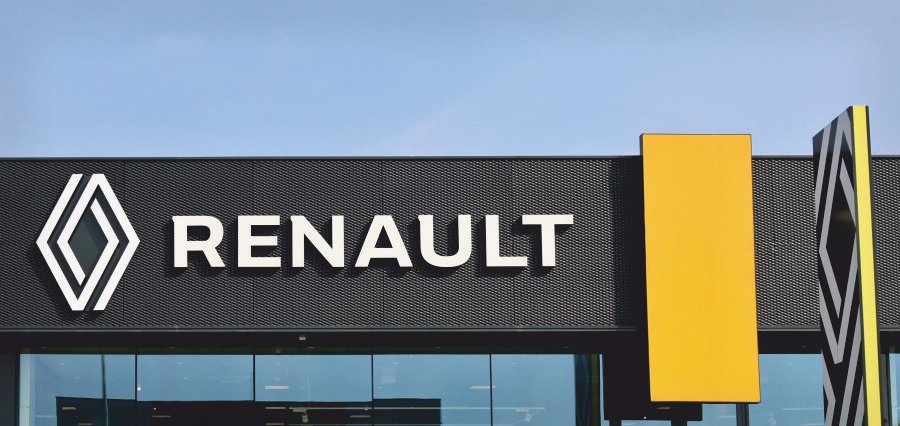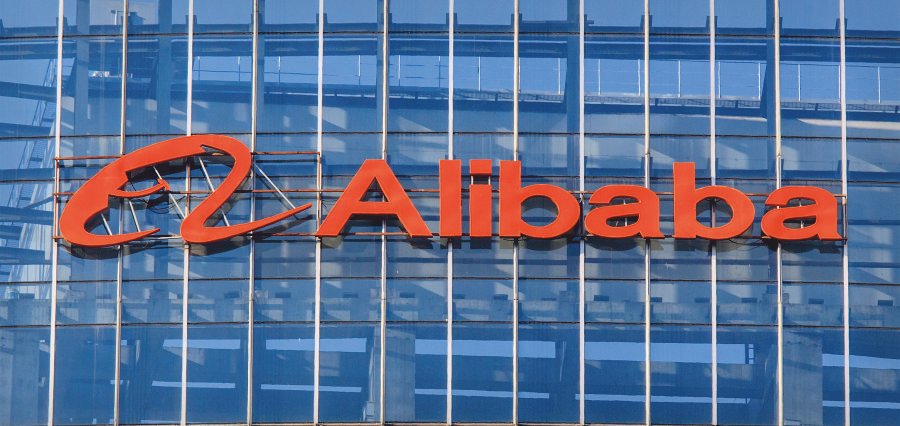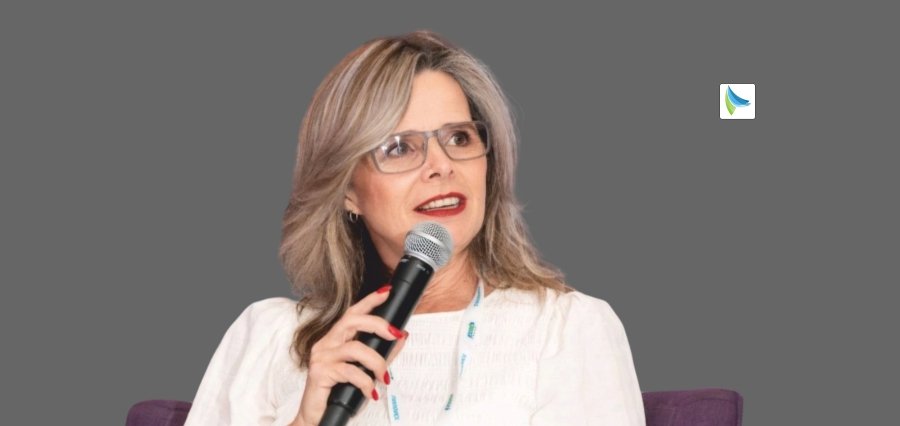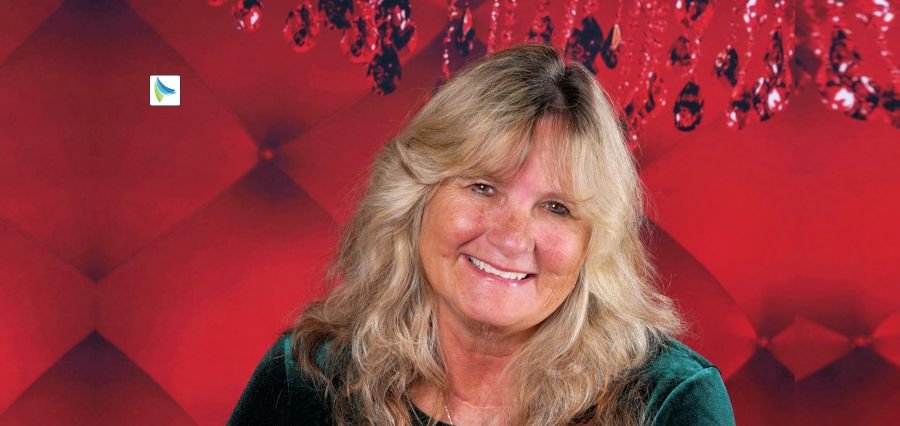Prime Highlights
• ChatGPT by OpenAI now has an AI image creator which is able to create images like renowned studios, including Studio Ghibli.
• The step has raised controversies around training AI on copyrighted materials and legal ramifications of intellectual property infringement.
Key Facts
• Public figures and fictional characters have been produced with ChatGPT’s AI creator by fans as renderings resembling Studio Ghibli.
• Legal experts point out that although artistic style per se cannot be copyrighted, training the AI on copyrighted material is still questionable.
Key Background
OpenAI’s new AI art creation tool on ChatGPT created euphoria and outrage as it enabled users to create artwork quite similar to the distinctive style of such iconic animation studios as led by Studio Ghibli. It has even triggered a wave of AI-generated images on the social media site, from individuals such as portraits of Studio Ghibli-themed figures like Elon Musk, Donald Trump, to even “The Lord of the Rings” legends. The mode attracted more eyeballs following OpenAI CEO Sam Altman’s use of what seemed to be a Studio Ghibhi-style AI portrait as his profile picture.
The pace at which such AI-generated artwork is being created has revived concerns of copyright law, in particular about data used to train AI models. Intellectual property attorneys opine that although a personal style in a work of art itself will not come under the purview of copyright law, how training in AI occurs—mostly on vast amounts of copyrighted material—is illegal and immoral on a moral front. A number of lawsuits have been filed to see if AI companies are lawfully allowed to make use of copyrighted material in their databases under the fair use doctrine.
OpenAI has made it clear that its AI is designed to avoid imitating the individual artist styles of artists today but facilitate general emulations of studio aesthetics. The distinction is, however, amplified by the fact that today’s artists like Studio Ghibli co-founder Hayao Miyazaki contributed greatly towards shaping the unique artistic identity of their studios.
This is only half of a long battle between copyright and AI, where most big companies like The New York Times have sued OpenAI for seemingly using their content without their permission to train an AI. Likewise, other companies that have been developing AI technology like Meta and Midjourney have suits against them for copyright.
With the evolution of AI, the legal and ethical place of AI-created content is still in gray areas that require closer regulation to balance innovation and intellectual property rights.
Read More: China’s First ‘Jumping Car’ – Yangwang U9 – Reaches 100 Deliveries



